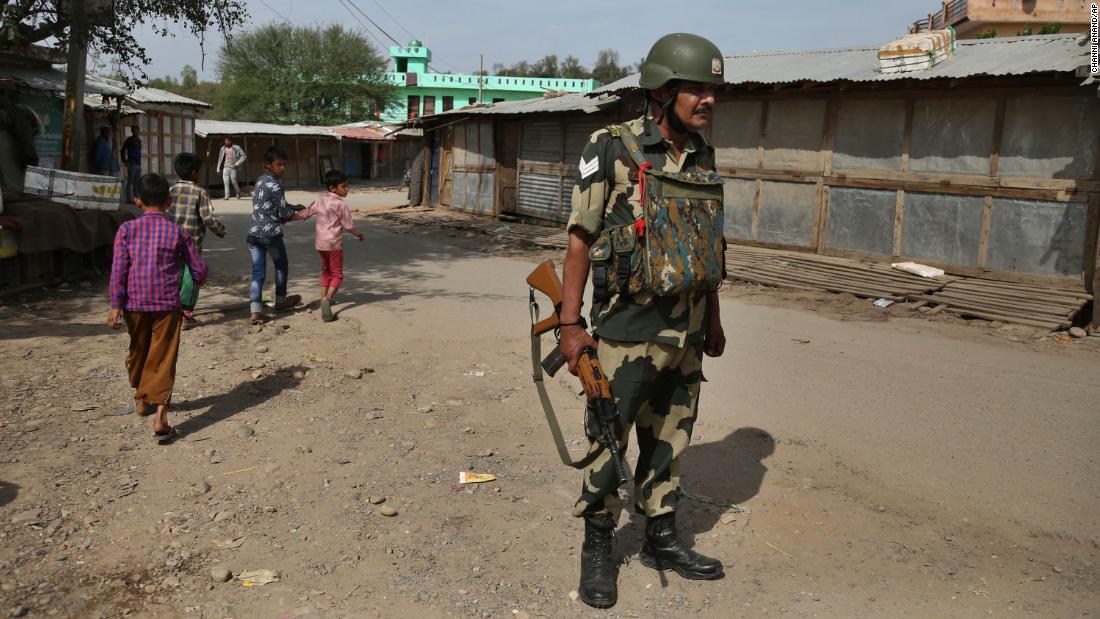
Prime Minister Narendra Modi’s government has sought to return Rohingyas, a Muslim minority from Myanmar who found refuge in India after fleeing persecution and waves of violence over the years.
Their petition added the Indian constitution – which states that no one should be deprived of life or personal liberty – includes the concept of non-refoulement, which prohibits the deportation of refugees to a country where they are likely to be subject to persecution.
But Chief Justice Sharad Arvind Bobde said the deportations could continue as long as officials followed proper procedure.
“It is not possible to grant the provisional provision for which people are praying,” the judge said in his order. “As for the allegation made on behalf of the petitioners about the current state of affairs in Myanmar, we have to say that we cannot comment on anything that is happening in another country.”
He added that India is not a signatory to the 1951 UN Convention on the Status of Refugees and that the principle of non-refoulement only applies to Member States. In addition, he added, India’s porous land borders create a “continuing threat of illegal immigrant influx”, which has “serious implications for national security.”
India has no legislation specifically referring to refugees – which is why Rohingya refugees are often labeled as illegal immigrants who must be deported by the government under the Foreigners Act 1946 and the Foreigners Order 1948.
Hundreds of people have died in Myanmar since the military took power in a coup d’état on Feb. 1.
The ruling has sparked panic among refugees in India, a leader of the Rohingya community in New Delhi told Reuters, who declined to be named for fear of reprisals.
“This is a terrifying order from the highest court in India,” he said. “Given the horrific situation in Myanmar, I really hoped the judge would rule in our favor.”
Modi’s government says the Rohingya are illegal in the country and pose a threat to security. At least a dozen Rohingya have been deported since 2017, according to community leaders.